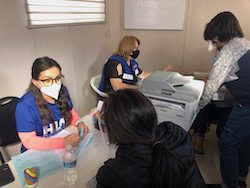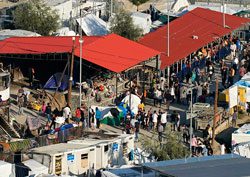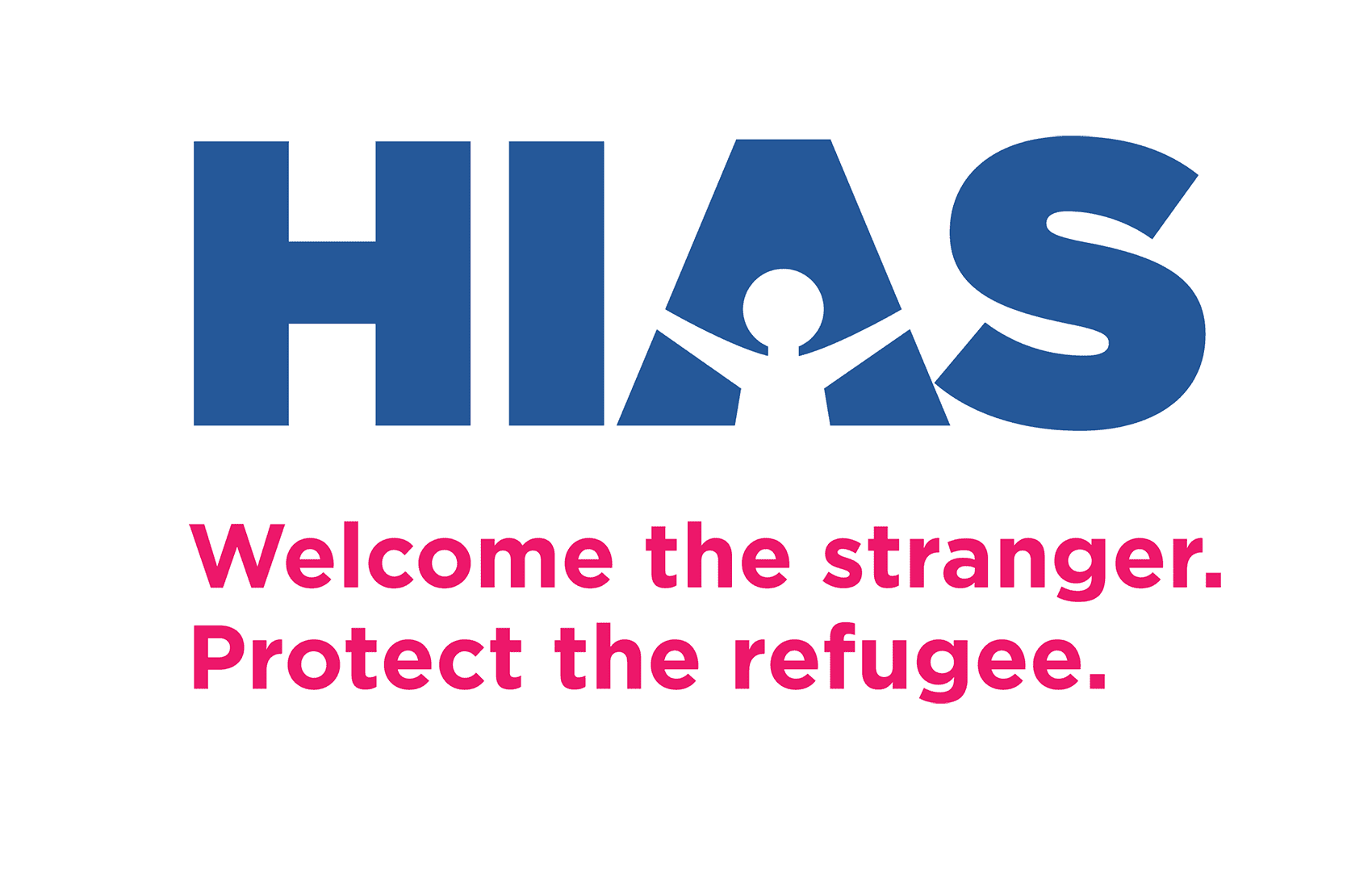HIAS Urges U.S. Government to Protect Unaccompanied Children
Jul 01, 2014
Statement by Mark Hetfield, HIAS President and CEO
The U.S. government must ensure that the safety and well being of unaccompanied children at the U.S./Mexico border are at the heart of every policy decision made in response to the humanitarian crisis. HIAS. We have serious concerns about the President’s proposal to send home the unaccompanied children arriving at our Southern Border. This plan would repeal some very basic legal protections in place to ensure that children are not deported to danger.
Everyone in danger of persecution is entitled to a meaningful opportunity to seek asylum under U.S. law. Under the Torture Victims Protection Reauthorization Act, children in particular must have access to legal and social assistance while the government ensures, above all, that their lives are protected.
Moreover, the Administration should not pay for the emergency assistance of unaccompanied migrant children by defunding assistance to the U.S. Refugee Admissions Program through the Office of Refugee Resettlement (ORR) in the Department of Health and Human Services.
It is crucial for the U.S. government to show leadership in addressing the needs of unaccompanied children without diluting its commitment to other asylum seekers and refugees. The Administration and Congress should not be pitting the interests of resettled refugees directly against those of migrant children.
Children crossing the border is indeed an emergency, and should be funded as such. Those needs, however, should not be paid for by slashing funds for refugees resettled to the United States who have fled for their lives with the assistance of the U.S. Refugee Program. Legislation is needed to immediately address ORR’s funding needs. Such an appropriation, however, should not be attached to the repeal of laws intended to protect the safety and welfare of unaccompanied children.
In 2005, I directed the congressionally authorized U.S. Commission on International Religious Freedom (USCIRF) Report on Asylum Seekers in Expedited Removal, which found that Customs and Border Protection (CBP) was not following its own rules to ensure the protection of migrants with a fear of return. For example, we found that, in 15 percent of observed cases where an arriving non-citizen expressed a fear of return, CBP summarily deported the individual without referring him or her to an asylum officer.
Since the study was released nine years ago, CBP has not demonstrated that any measures have been taken to address the protection deficiencies faced by adult asylum seekers who cross the border. Can we now expect CBP to guarantee such protections to unrepresented children? Children were exempted from expedited removal for good reason, and that reason remains.
Throughout our history, America has been defined by our generosity toward those who seek a safe haven from violence, oppression and persecution. As a global humanitarian leader, the U.S. has an obligation to fairly, efficiently and objectively assess asylum applicants who arrive at our borders, particularly when those asylum seekers are children.


